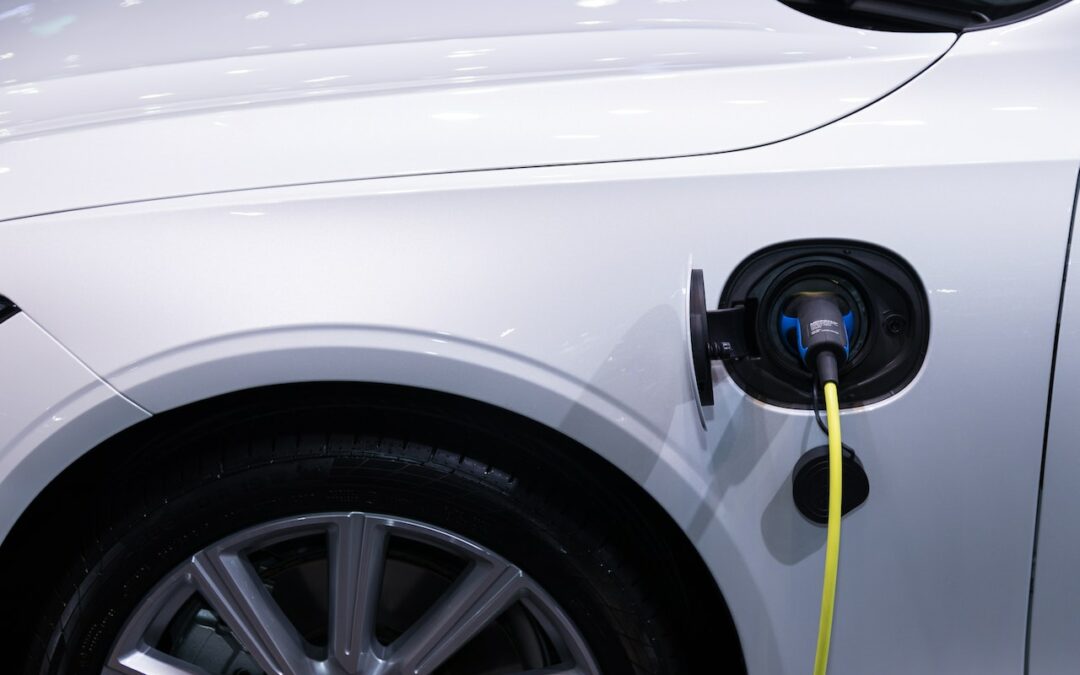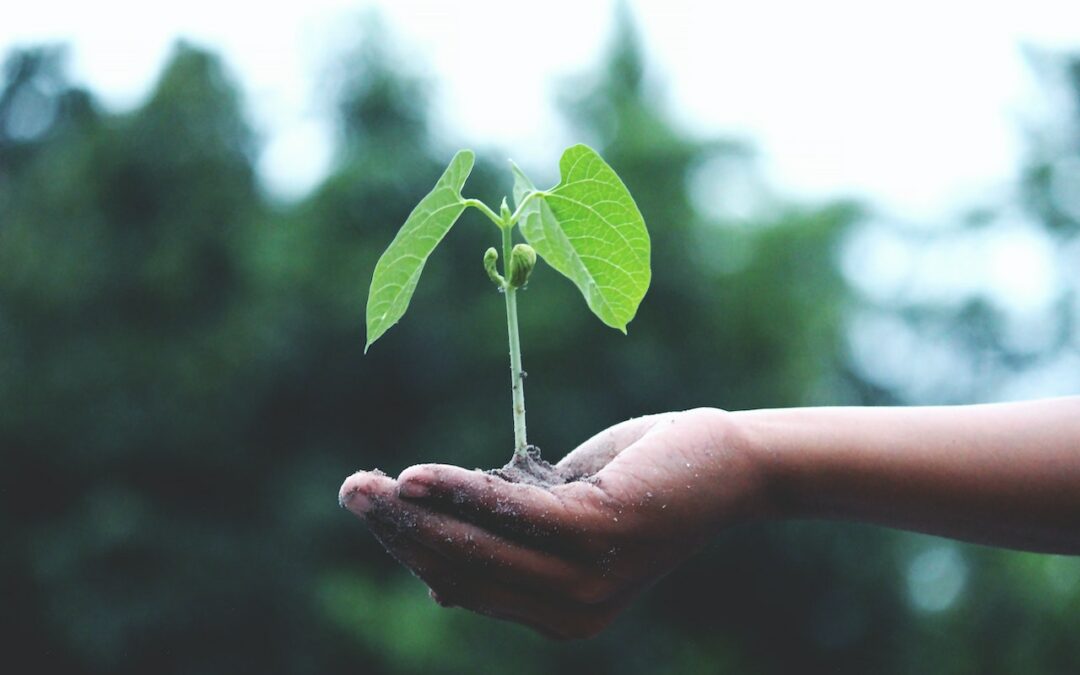
Ecosystem Services: Nature’s Gifts That Help Us Thrive
How valuable is nature? A 2020 Campaign For Nature study of the economic value that could…
The post Ecosystem Services: Nature’s Gifts That Help Us Thrive appeared first on Earth911.

How valuable is nature? A 2020 Campaign For Nature study of the economic value that could…
The post Ecosystem Services: Nature’s Gifts That Help Us Thrive appeared first on Earth911.


Discover how the new, all-electric Ford Explorer is perfectly set up for family life

Our editors curate highly rated brands that are first assessed by our rigorous ratings system. Buying through our links may earn us a commission—supporting the work we do. Learn more. Fast—and ultra fast—fashion brands follow a destructive business model and do and say almost nothing about sustainability. In this article, we’re looking at the ones […]
The post 10 Fast Fashion Brands We Avoid At All Costs appeared first on Good On You.

Researchers at The University of Melbourne have partnered with carbon capture startup KC8 Capture Technologies to advance the latter’s carbon capture technology, with the aim of leading a step change in carbon capture for hard-to-abate industries in Australia and around the world.
The company has been awarded a $5.4 million grant from the Australian Government’s Carbon Capture Technologies Program to establish an $8.5 million Research and Demonstration Facility for Implementing Net-zero Emissions (ReDeFINE), with the additional funding provided by KC8 Capture Technologies and The University of Melbourne.
ReDeFINE will allow the collaborators to advance KC8’s ‘UNO MK3’ technology, which was developed with Faculty of Engineering and Information Technology researchers to capture carbon dioxide (CO2) emissions from higher-emitting industries.
The technology can capture up to 95% of CO2 emissions from industries like cement and steel, using what is claimed to be a safer and more environmentally friendly process. Instead of relying on harmful chemicals, UNO MK3 uses potassium carbonate — a harmless substance commonly found in soap and glass — to trap carbon dioxide before it reaches the atmosphere.
University project lead Professor Kathryn Mumford said the collaboration demonstrates what can be achieved when university experts and industry work together to solve challenging problems.
Image caption: 3D representation of the UNO MK3 technology, which is being implemented in two demonstration facilities. Image credit: KC8 Capture Technologies.